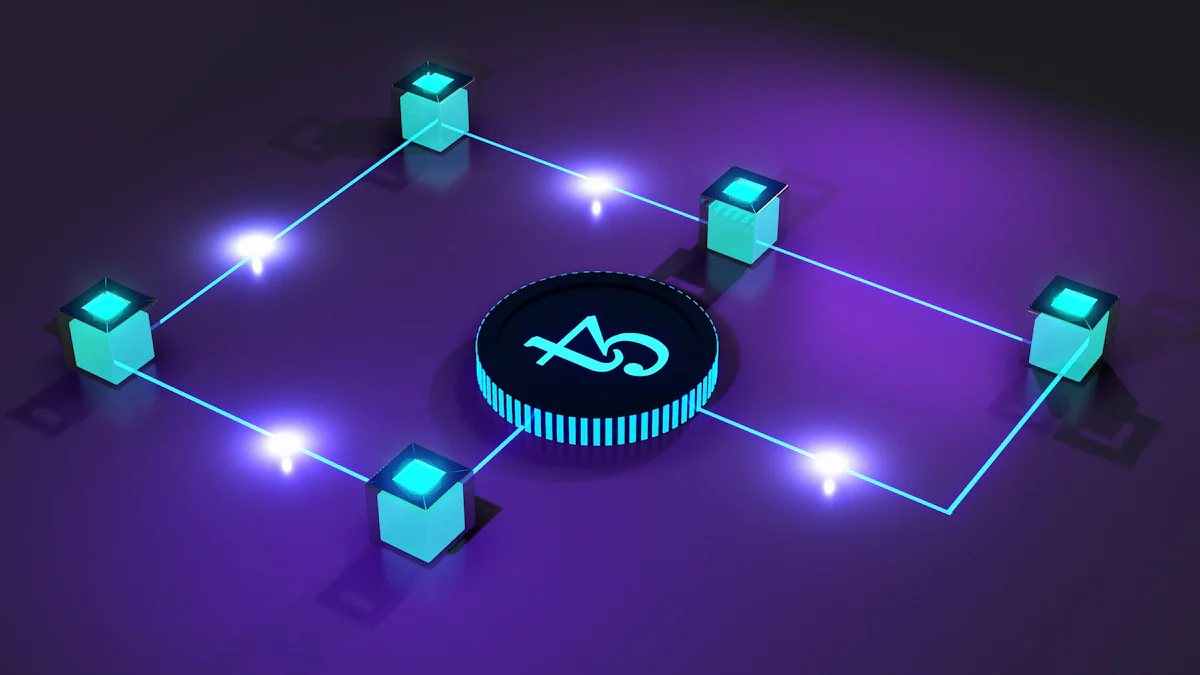Exploring the Proof-of-Intelligence Consensus Mechanism in Blockchain Technology

Understanding Consensus Mechanisms
Consensus mechanisms, such as consensus protocol and consensus algorithm, are the backbone of blockchain technology. They ensure the security and reliability of blockchain networks by enabling all participants to agree on the state of the system. Through this mechanism, transactions are validated and added to the blockchain in a transparent and secure manner, without the need for a central authority. Consensus mechanisms play a critical role in maintaining the integrity of distributed ledgers, making them an essential component of blockchain technology's functionality.
Validator Nodes in Blockchain
Validator nodes, also known as validation nodes or confirmation nodes, are essential components of blockchain networks. These nodes play a crucial role in validating transactions and ensuring the integrity of the entire blockchain network. When a transaction occurs within a blockchain network, it needs to be verified and confirmed by these validator nodes to ensure its legitimacy and accuracy.
The concept of decentralization is closely intertwined with the functioning of validator nodes in blockchain networks. In a decentralized system, multiple validator nodes work together to validate transactions and maintain the security of the network. This distributed approach enhances the trustworthiness and reliability of the blockchain by eliminating the reliance on a single central authority for transaction validation. The decentralized nature of validator nodes contributes significantly to the overall security and resilience of blockchain networks.
Proof-of-Intelligence (PoI) in Blockchain
Overview of PoI
In the realm of blockchain technology, Proof-of-Intelligence (PoI) stands out as a distinctive consensus mechanism that places emphasis on the intelligence and contribution of network participants. Unlike traditional proof-of-work or proof-of-stake mechanisms, PoI leverages the cognitive abilities and active involvement of individuals within the network to validate transactions and secure the blockchain. This innovative approach aligns with the evolving landscape of technology, where human intellect plays a pivotal role in ensuring the integrity and efficiency of decentralized systems.
Benefits of PoI
The adoption of PoI brings forth a multitude of benefits to blockchain networks. By prioritizing intelligence-based consensus, PoI promotes heightened network security by leveraging the cognitive capabilities of participants. Furthermore, this mechanism incentivizes active engagement and contributions from individuals within the network, fostering a collaborative environment for blockchain consensus. The integration of PoI not only bolsters the security aspect but also cultivates a dynamic ecosystem where participants are motivated to actively partake in maintaining the integrity and functionality of blockchain networks.
Importance of Consensus Processing Speed
Efficiency in Consensus Processing
- Consensus processing speed is a critical factor that directly influences the scalability and overall performance of blockchain networks. The efficiency with which transactions are validated and added to the blockchain impacts the network's capacity to handle a large volume of transactions within a given timeframe. A faster consensus processing speed enhances the network's ability to scale and accommodate increasing transaction demands, thereby ensuring seamless and efficient operation.
Real-world Applications
- The speed at which consensus is achieved holds significant implications for various industries and applications of blockchain technology. In sectors such as finance, supply chain management, and healthcare, the ability to process transactions rapidly can lead to improved operational efficiency, reduced costs, and enhanced transparency. Moreover, real-time applications across diverse domains stand to benefit from expedited consensus processing, enabling quicker settlement of transactions and streamlined processes.
By prioritizing the optimization of consensus processing speed, blockchain technology can revolutionize numerous sectors by offering unprecedented efficiency and reliability.
Future Implications of Consensus Mechanisms
As blockchain technology continues to evolve, the understanding of consensus mechanisms holds significant implications for its future advancement and widespread adoption. The development and refinement of consensus protocols are pivotal in shaping the efficiency, security, and scalability of blockchain networks. By embracing innovative approaches to blockchain consensus, such as Proof-of-Intelligence (PoI) and other emerging mechanisms, the technology can further enhance its capabilities and relevance in various industries.
Blockchain Consensus: The evolution of consensus mechanisms is poised to revolutionize the way transactions are processed and validated within blockchain networks.
Incorporating intelligent consensus mechanisms not only strengthens the security and reliability of blockchain technology but also paves the way for seamless integration into real-world applications across diverse sectors. As the landscape of blockchain continues to expand, the continuous exploration and refinement of consensus mechanisms will play a pivotal role in shaping its future trajectory.
